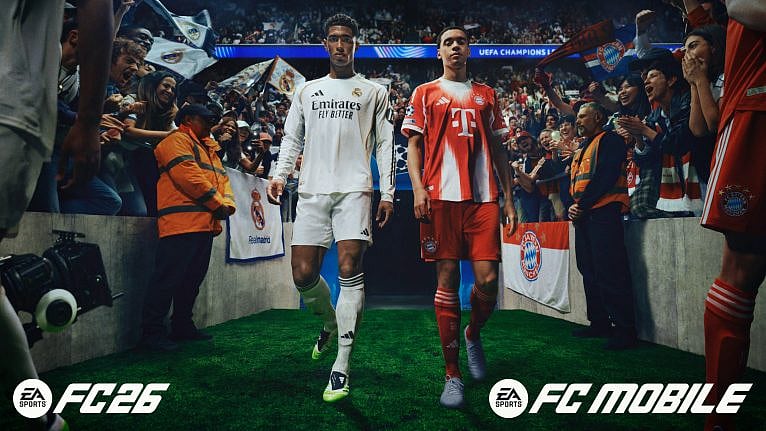Highlights
- Electronic Arts is reportedly going private in a landmark $50 billion deal led by Silver Lake.
- The buyout marks one of the largest in entertainment history, ending EA's 35-year run as a public company.
- The future for gamers is uncertain, with the deal potentially leading to better games or more aggressive monetization.
Electronic Arts (EA), the publisher behind major gaming franchises like EA Sports FC and Apex Legends, is in advanced negotiations for a roughly $50 billion leveraged buyout. The potential acquisition is being led by private equity firm Silver Lake Partners and includes Saudi Arabia's Public Investment Fund (PIF), with the deal possibly including Affinity Partners as well.
First reported by The Wall Street Journal, this potential deal would mark a pivotal shift for the gaming titan, which has been a publicly traded company for 35 years. While negotiations are advanced, no definitive agreement has yet been formally announced, though the deal could be finalized as early as next week.
Inside EA's $50 Billion Buyout Led By Silver Lake
In response to the news, EA's stock (NASDAQ: EA) surged approximately 14-17%, with closing prices around $193 per share. Multiple reports confirm that negotiations involve evaluations of around $50 billion, though no specific per-share buyout price or precise premium has been officially disclosed.
EA has not yet released any public comments regarding the potential deal, with all news outlets noting that the company has declined to comment on the ongoing negotiations.
The potential acquisition signals a continuing trend of consolidation within the video game industry. If completed, it would be the second-largest gaming industry deal in history, exceeded in scale only by Microsoft's $68.7 billion purchase of Activision Blizzard.
The buyout would reshape the landscape for millions of players across EA's extensive portfolio, which includes established franchises like The Sims, competitive shooters like Battlefield, and the popular sports titles like EA Sports FC, Madden, and College Football.
The move could potentially be beneficial for game quality. Freed from the relentless demand to meet quarterly financial targets, EA's development studios could afford more time to polish games, potentially avoiding the troubled launches that have plagued franchises like Battlefield in the past.
However, the involvement of private equity has raised concerns among the player base. Such firms are known for a laser focus on profitability and return on investment, which could lead to more aggressive in-game monetisation strategies in EA's live-service titles.
Furthermore, the significant role of Saudi Arabia's PIF has drawn ethical scrutiny due to the nation's human rights record, a recurring point of contention as the fund deepens its investments across the global gaming landscape.
The deal is not final yet. Should negotiations conclude successfully, it must first secure approval from EA's shareholders and pass a rigorous review by regulatory bodies in the United States and abroad, including the Federal Trade Commission (FTC).
Note: An earlier version of this article incorrectly stated that Electronic Arts had entered into a definitive agreement to be taken private; EA is in advanced negotiations but no deal has been finalized. Quotes attributed to CEO Andrew Wilson were incorrect; EA has not commented publicly.

